Setting up a retail Forex trading business is a fairly simple proposition. It is perhaps the easiest type of business to start. There is no requirement for a workforce and the problems/issues a business with employees encounters.
No expensive brick and mortar facility is necessary.
There is no inventory, shipping expenses or overhead.
Best Canadian Forex Broker List

easyMarkets

Blackbull Markets
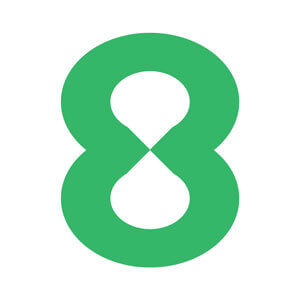
Eightcap
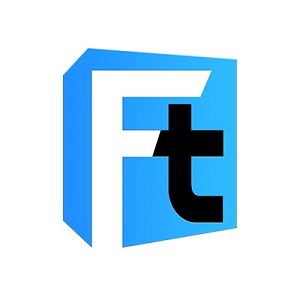
ForTrade

Avatrade
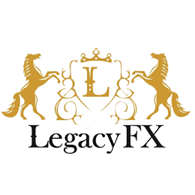
LegacyFX
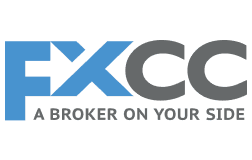
FXCC
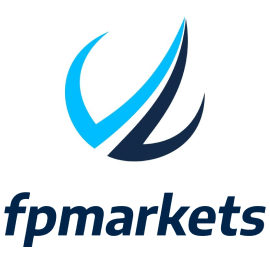
FPmarkets
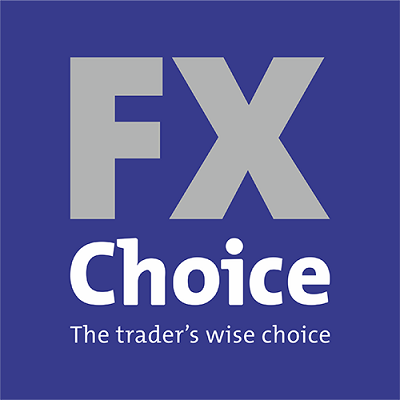
FX Choice
In fact, two of the just four items needed are a couple of things many people already have in their possession: a computer or other device for connecting to the Internet and an Internet connection. The computer need not be state-of-the-art. In fact, most desktops and laptops made in the last five years will be completely adequate. Mobile applications for enabling Forex trading on smart phones are now making it possible to trade from any place that receives a cellular or wi-fi signal.
The Internet connection should preferably be high-speed, but the more important thing is that it be stable.
A trading platform, that is, software is the third thing and in many instances this can be had free of charge.
Item number four is money with which to trade.
The important factor in this regard is not necessarily the amount of money so much as it is the necessity that this money is pure risk capital. In other words, money that could be lost without endangering the ability to provide a place to stay, food to eat and funds to honor obligations.
The final requisite is a Forex broker and that will be the focus of this article.
This decision requires much investigation and diligence. It is one of the most important decisions to be made since the other four requirements are all things over which much personal control can be exerted, but the broker determines the rules and conditions that will be offered to traders. These can vary to a substantial degree between brokers.
The good news in this regard is that competition among brokers for retail traders is fierce in the extreme. This competition means that there are a large number of brokers from which to choose. More choices mean a better chance of finding a broker that best suits preferred trading strategies and tactics and offers a decent level of customer service, software and trading education for different levels of trader experience.
Market Maker Versus ECN Brokers
The two main types of Forex brokers are the Market Maker and the Electronic Clearing Network or ECN broker.
At one time, market maker brokers had a reputation for engaging in several or more unscrupulous practices, and most experts would advise steering clear of this type.
Regulation and trader awareness have had positive influence in reducing and eliminating bad practices. Today, it is entirely conceivable to find a dependable market maker broker.
The critically important factor to consider is this: A market maker acts as the counterparty to you in your currency pair transactions.
This is a obvious conflict of interest. If the market maker you are considering is legitimate, they will disclose this clearly and unequivocally and ask you to sign documents acknowledging your understanding and acceptance of this.
What makes this scenario acceptable is that the broker will have other traders that want to take the opposite position from you. Chances are good that unless you are trading such large orders as to threaten the broker’s market equity, they will deal squarely with you.
This brings to light another aspect to examine when considering a market maker: They should be willing to reveal the total amount of their market capitalization.
One advantage market makers offer, albeit not all that significant given the volume of the Forex markets, is that in almost 100% of instances, orders get filled instantly. Slippage – the term for describing what occurs when there is a significant lapse of time between when an order is placed and when it is filled, along with what that implies with regard to prices changing in the interim – is essentially nonexistent.
The chief advantages market makers offer are small minimum initial deposits to fund the account and small minimum trade sizes.
This makes them ideal for someone who wants to try their hand at Forex trading with minimal risk.
Some market makers will process an account application for as little as one dollar and have no minimum trade size.
Realistically, in order to leave yourself room to maneuver and ride out drawdowns, figure a minimum of $300 to start out with.
There are more considerations to make when choosing a broker and more than several ways to go about it. Some of these will follow after the ECN broker is examined.
The ECN broker differs from the market maker primarily in that, rather than take the opposite side against you in a trade, they simply exist to match your trade with that of another trader or traders who want to take the opposite position to yours.
Many traders feel more comfortable for this reason.
Spreads – which is the difference between the purchasing and selling price of a currency pair and represents the amount the broker charges you for granting access to the markets, are generally lower and fixed, rather than variable as is often true of market makers.
The other advantage the ECN offers is they have no incentive to manipulate price data, harvest stops or balloon spreads, practices that can unfairly tilt the trading results in favor of the broker.
One slight disadvantage of the ECN is that liquidity could be lower and slippage a potential if for some reason you should want to trade exotic pairs.
Major pairs will still fill just as quickly as with the market maker, any difference measured in nanoseconds.
The other disadvantage, the main one, presented by selecting an ECN broker, is that initial margin deposits are considerably higher than those for the market maker. Most ECNs will not set up an account for anything less than $2500 and some larger brokers are looking for $100,000 or more.
Minimum trade sizes are much larger, also.
For people who are accustomed to having a steady, positive stream of income from salaries and wages, the psychological impact of seeing a trade work against them and money that took weeks, months or years to accumulate evaporating in minutes, hours or days might be too severe.
The decision between the two types of brokers is ultimately a personal one. There are reputable, honest, transparent brokers among both market makers and ECNs.
What follows are some tips and information sources that will lend assistance to the process.
Simulated accounts allow for a “test drive” of a broker. All brokers offer these. Trading can be practiced with pretend money, allowing the broker’s trading platform, price data stream, Internet connection stability, customer service and other elements to be evaluated risk free.
If you like the broker and everything else involved during these trials, your experience after going live should be similar.
Don’t fall into the trap of thinking that a broker will treat you better if you open a live account.
If the broker is slow to return e-mails, if it consistently takes a long time for an agent to respond to a chat request, the trading platform crashes a lot or you receive vague answers to questions, that broker deserves a check in the minus column.
Something desirable, but not mandatory in this regard is to choose a broker that permits a simulated trading account to be available even after the live account has been set up.
The other thing that is necessary in determining the choice of a broker is research.
Retail Forex trading, being a product of the Internet, presents a plethora of websites existing solely for the purpose of providing traders with a forum to evaluate and express opinions regarding brokers.
When visiting these sites, keep in mind that people generally do not post comments unless they want to vent. Observe the language, spelling and grammar being used. If the poster seems barely coherent, it is very unlikely that they possess the ability to comprehend the lawyer imposed legalese mumbo-jumbo that is part and parcel of the disclosure and agreement documents that all brokers use. With further regard to these, a broker that explains these documents in plain language should get a check in the plus column.
Likewise, be wary of extremely positive reviews, especially those touting phenomenal profits and astronomical winning streaks and percentages. It’s very likely that these were posted by shills – people compensated in some manner by the reviewed broker.
Other good sources of broker evaluations are books, periodicals and trade journals. These offer a longer-term perspective. If a broker received good reviews in a book or other publication several years ago, and current website reviews seem to support those opinions, then a good potential broker candidate has been discovered.
Of course, the best sources of information are personal acquaintances, if any, that trade Forex.
Choosing your first Forex broker should receive diligent attention. Do not rush this process. Find between three and 10 brokers that look good on first examination and move on to look at these more closely.
Keep in mind, also, that it is perfectly acceptable to have multiple brokers, whether simulated or live. This permits them to be evaluated under actual trading conditions along with the valuable benefit of allowing price data streams to be compared simultaneously.